’This is the kind of piece which can change people’s minds about classical music’ - Julia Loucks, second violin
I remember trying to sightread this piece just over a decade ago at the Domaine Forget chamber music course in Québec. The other players and I thought we were on fire after reading through some Haydn and decided to give it a go. Sadly we only got to bar 10 or so before we decided to try something a bit less technically demanding. Never in my wildest dreams would I have believed that I’d be performing and recording it now! I believe that this is the kind of piece which can change people’s minds about classical music. Schubert has placed huge demands on each instrument in the quartet - and the result is a composition of huge emotional magnitude. Sometimes this intensity can be a bit overwhelming for the performers.
Over the past few months, we built a workshop around the second subject of the first movement, performing it to children with additional needs and using it to help us tell a story in sound. The perspective we’ve gained from watching the reactions of the children made our playing more personal- and every time we reach the second theme, we can’t help but smile.
‘There isn’t a boring note’ - Tereza Privratska, first violin
When opening the Schubert G major score for the first time I feel an enormous sense of respect, accompanied by a feeling of excitement and disbelief that I have reached the time of my life when I am ready to perform a work of such dimensions. There isn’t a boring note. It’s filled with the emotions of a dying man expressing so clearly how he felt. The constant tussle between major and minor doesn’t let the listener rest. Every time I play the piece I feel he is taking me once again on a journey which was his last.
’A dream-like narrative full of cosmic landscapes’ - Lorena Cantó Woltèche, viola
It was only a few years ago that I first got to experience Schubert’s G Major quartet live and it was at Wigmore Hall. I still remember sitting there in excitement waiting for the lights to go off and the first chord to ring in the air. Although this piece predates the concept of virtual reality for over a hundred years, I will always find deeply fascinating the vivid worlds that Schubert is able to create with his music. Scene after scene, this piece invites the listener to immerse themselves in a dream-like narrative full of cosmic landscapes.
’55 minutes of turbulent dynamism’ - Toby White, cello
When thinking of Schubert’s late string chamber music it is hard to miss the powerful D810 ‘Death and the Maiden’ or the masterful D956 string quintet. But sandwiched in between these two works lies a piece of both extraordinary power and delicate introversy. 55 minutes of turbulent dynamism that leaves both the listener and performer emotionally and physically drained, and yet it is a journey I would happily take again and again. This is a work that never ceases to divulge new secrets to me everytime I open the score.
The Jubilee Quartet will perform Schubert String Quartet in G D887 on Sunday 15 May, 11.30am at Wigmore Hall. More information can be found here.























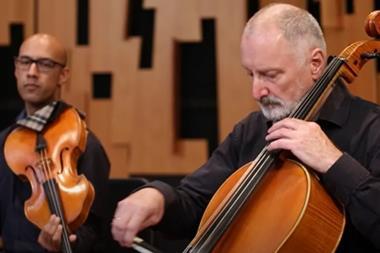

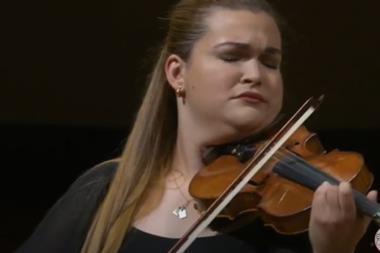
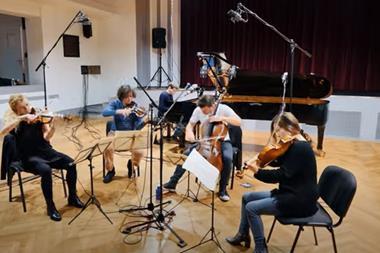
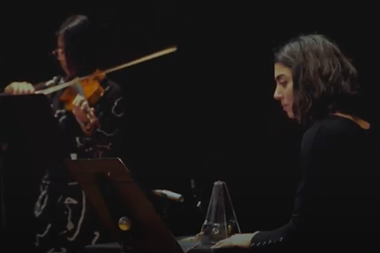








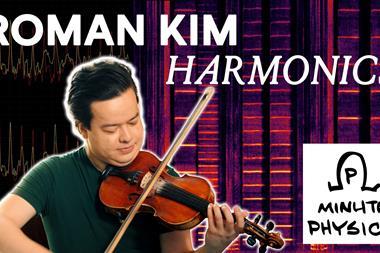
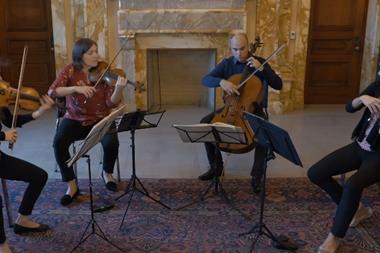
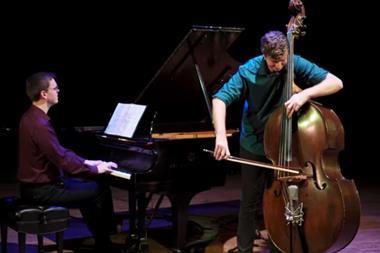
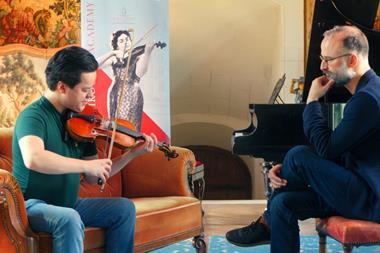
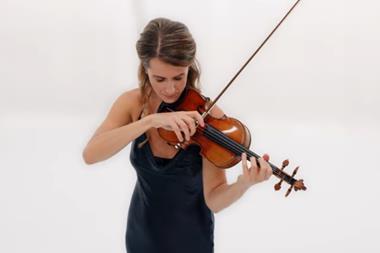













No comments yet